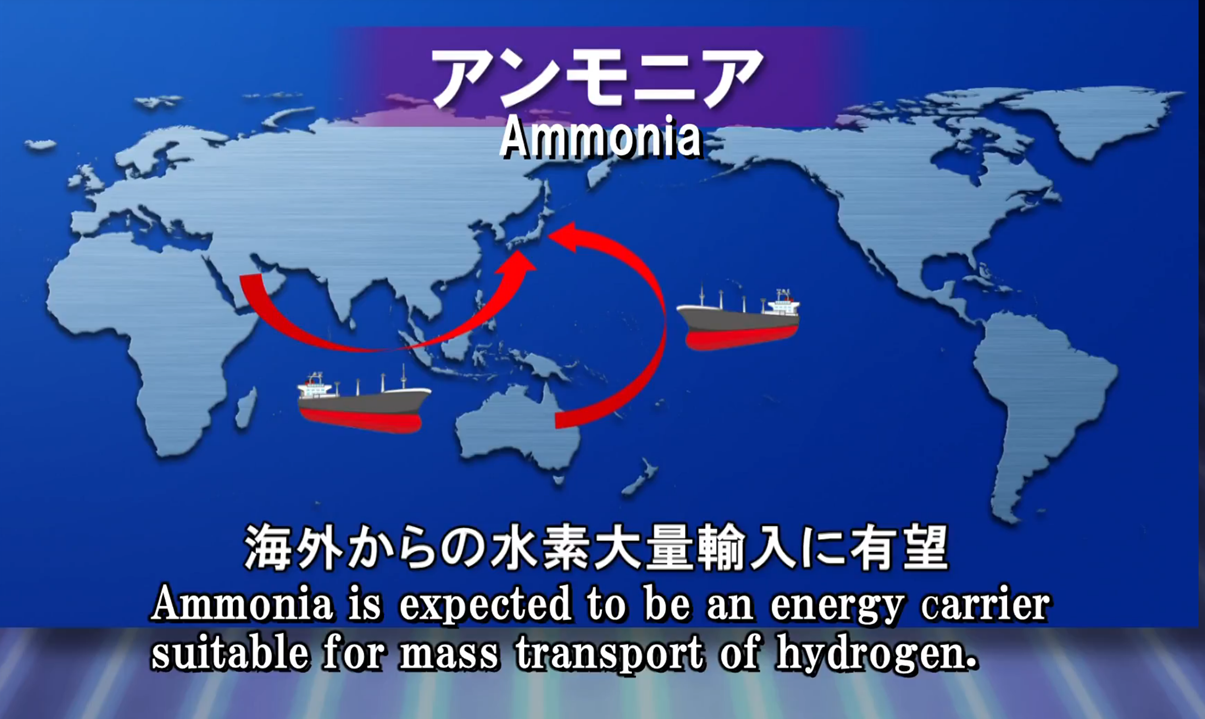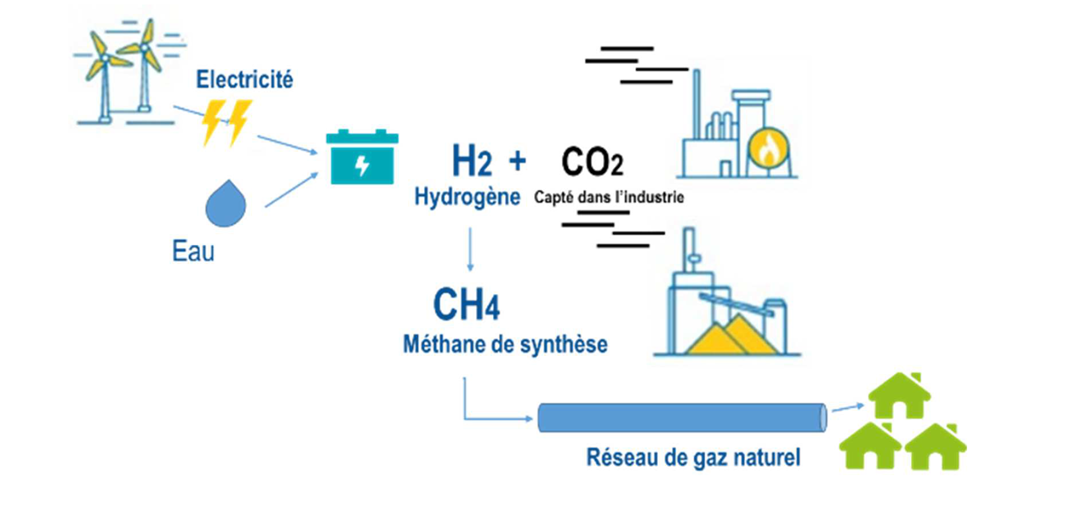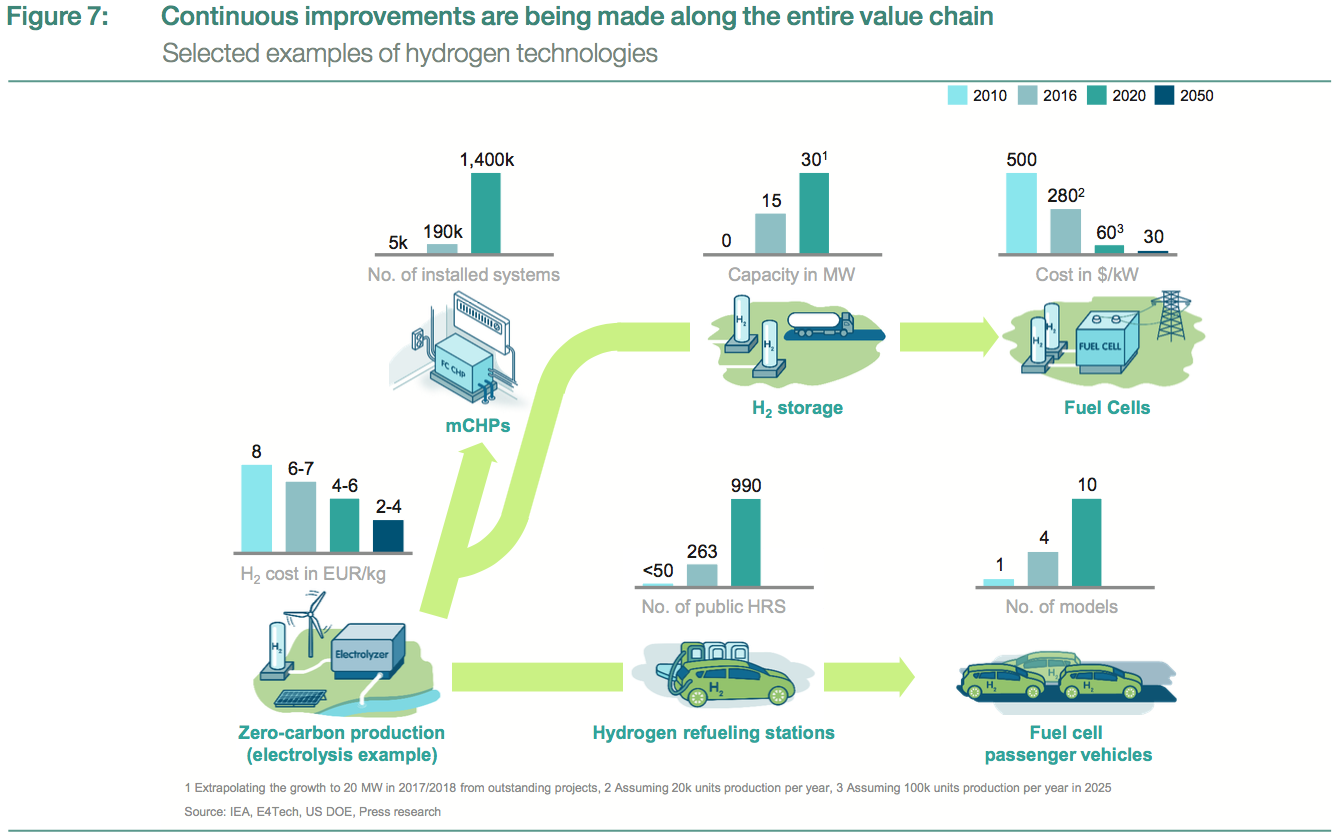In the last 12 months ... National oil companies in Europe and the Middle East are looking to satisfy East Asian demand for clean hydrogen by exporting carbon-free ammonia. One of the biggest global LNG exporters is investigating ammonia for the same market, as it considers Australia's future as a renewable energy exporter. Oil majors are assessing ammonia's role in implementing an affordable hydrogen economy, looking toward fuel markets in California and Europe. And the biggest coal producer in China is funding the development of "the world’s first practical ammonia-powered vehicle."
France
Targets, Limits, Pledges, Bans: Enforcing the Transition to Sustainable Energy
In the last 12 months ... California passed a law mandating 100% carbon-free electricity by 2045; then its governor announced that the state's entire energy system - not just its electricity - would be carbon-neutral by 2045. The Hydrogen Council announced its "goal of decarbonizing 100% of hydrogen fuel used in transport by 2030." The International Maritime Organization set targets for the global shipping sector to “reduce the total annual GHG emissions by at least 50% by 2050,” and completely “phase them out, as soon as possible in this century,” and these targets were swiftly endorsed by the International Chamber of Shipping. Regulators and self-regulating organizations around the world are enforcing systemic decarbonization and accelerating the transition to a hydrogen economy.
Hydrogen Plans Appear, But Where Is Ammonia?
The concept of hydrogen as the centerpiece of a sustainable energy economy continues to gain momentum. It is the focus of recent reports from France and the United Kingdom that consider the topic from two distinct but surprisingly convergent national perspectives. And while ammonia is not given a role in either treatment, this seems to be because the authors' thinking has not arrived at a level of detail where ammonia's virtues become salient.
Renewable Hydrogen in Fukushima and a Bridge to the Future
On August 1, 2017 the Japan Government’s New Energy and Industrial Technology Development Organization (NEDO) announced that it will proceed with funding for the construction of a hydrogen production plant in Namie Township, about ten kilometers from the site of the Fukushima nuclear disaster. The project’s budget is not mentioned, but the installation is projected to be “the largest scale in the world” -- in other words, a real bridge to the future and not a demonstration project. The project no doubt has a variety of motivations, not least the symbolic value of a renewable hydrogen plant rising in the shadow of the Fukushima Daiichi nuclear station. In economic terms, though, it appears to be a dead end. This is unfortunate because a similarly conceived project based on ammonia could be a true bridge-building step that aligns with leading-edge developments elsewhere in the world.
NH3 Fuel Association Announces Charter Sponsors
The NH3 Fuel Association (NH3FA) has released the names of the organization’s charter group of sponsors. The common thread that unites the six companies? A conviction that ammonia energy represents a significant opportunity for their businesses. The sponsors are Yara, Nel Hydrogen, Airgas, Haldor Topsoe, Casale, and Terrestrial Energy.
Hydrogen Council - new global initiative launched at Davos
This week, at the World Economic Forum in Davos, the leaders of 13 global companies, representing more than EUR 1 trillion in annual revenues, announced the launch of the Hydrogen Council. This new global initiative is important for obvious reasons: it presents a compelling "united vision and long-term ambition" for hydrogen, it promises global engagement with "key stakeholders such as policy makers, business and hydrogen players, international agencies and civil society," and it pledges financial commitments to RD&D totaling EUR 10 billion over the next five years. It is important for a subtler reason too: it is the first hydrogen industry promotion I've seen that includes ammonia. It includes ammonia both implicitly, encompassing "hydrogen and its compounds," and explicitly, listing ammonia as a "renewable fuel" in its own right.






